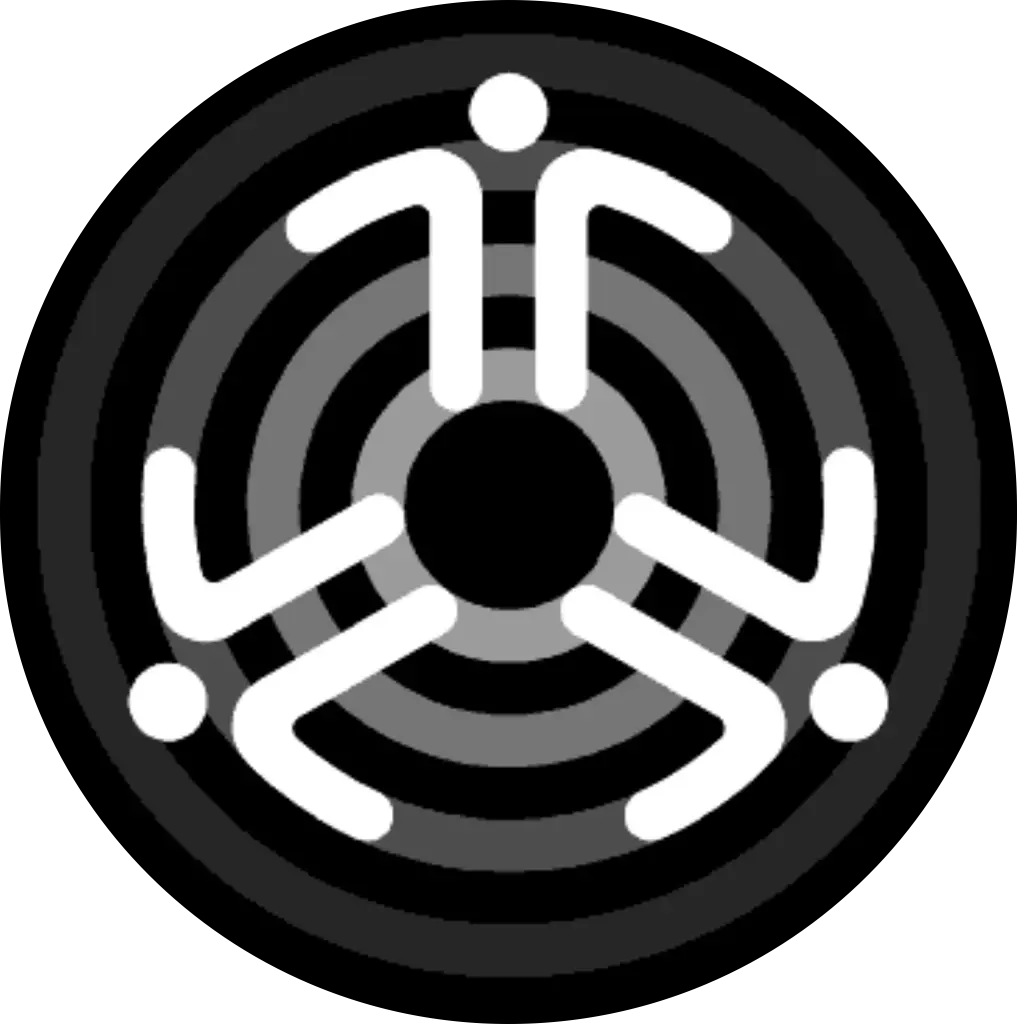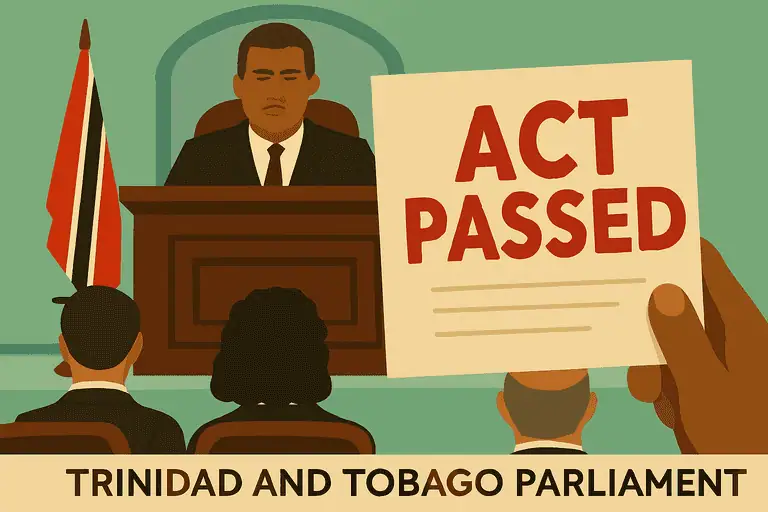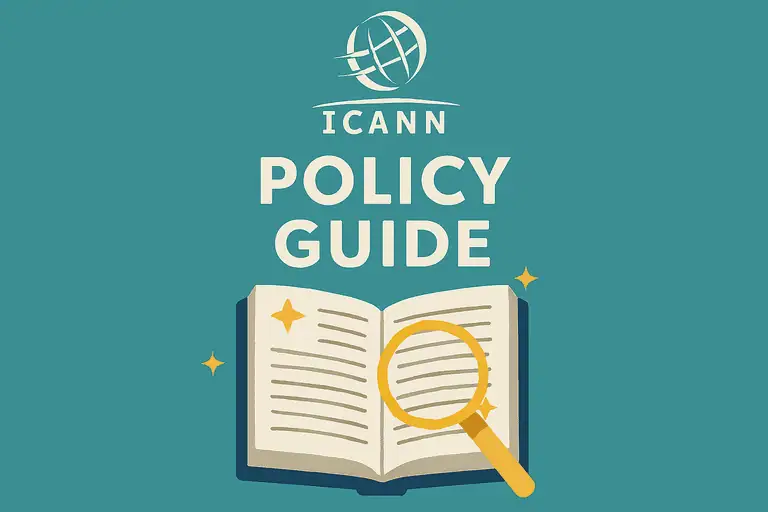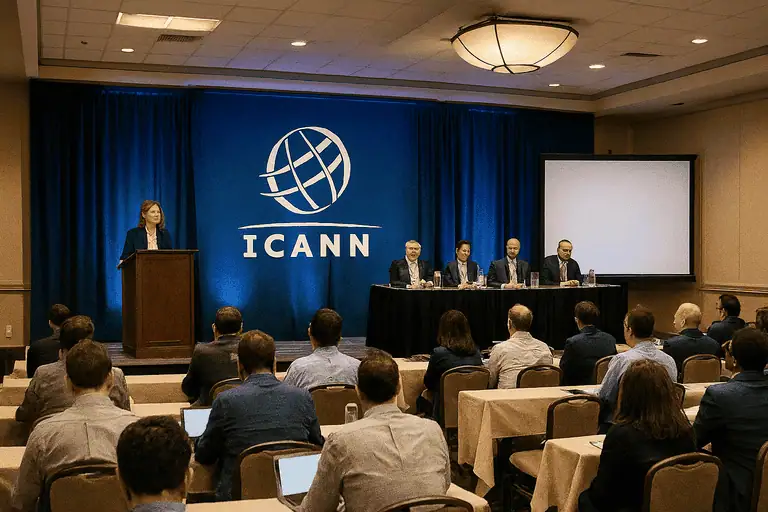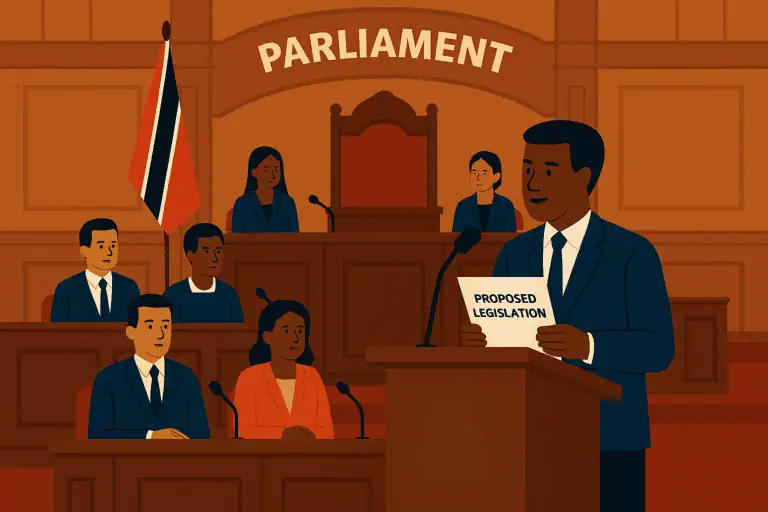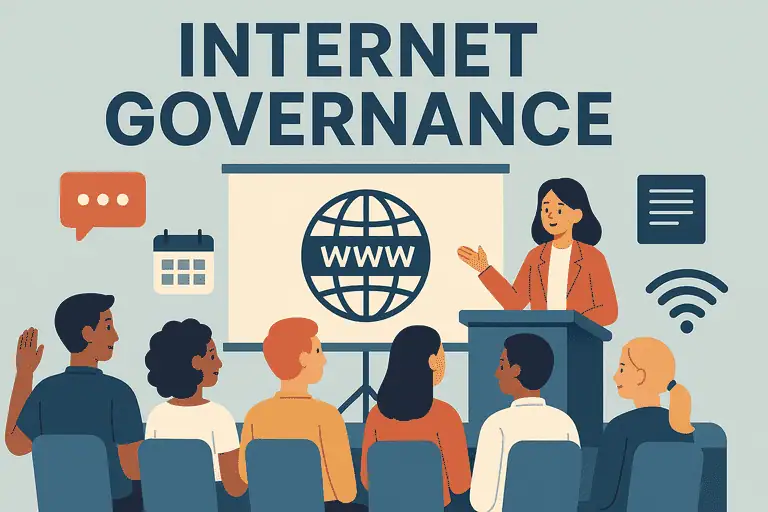The Interception of Communications Bill 2010 was laid in the House of Representatives by the Minister of National Security, Senator Brigadier John Sandy.
The Bill seeks to “provide for and about the interception of communications, the acquisition and disclosure of data relating to communications, the acquisition of the means by which electronic data protected by encryption or passwords may be decrypted or accessed and other related matters.”
From the text of The Interception of Communications Bill 2010 :
This Bill seeks to provide the legal framework within which public or private communications, which are being transmitted by means of a public or private telecommunications network, can be lawfully intercepted. An interception of communication is lawfully done only when it is done pursuant to a warrant issued by a Judge on an application by an authorized officer. Consequently, it is an offence for a person intentionally to intercept a communication being transmitted without an order of the Court. In general, a warrant would be issued only to investigate, prevent or detect a specified offence, and would be valid for an initial period of ninety days, but may be extended by the Court for two further periods, each for ninety days. The Bill also makes provision for an oral application for a warrant in urgent circumstances, subject to certain safeguards. Finally, the Bill provides that the content of a communication or communication data, which is lawfully obtained, is admissible as evidence in any criminal proceedings.
The introduction of the bill follows a statement by the Honourable Prime Minister Kamla Persad-Bissessar on November 12 2010 in the Trinidad and Tobago Parliament House of Representatives of concerning the unregulated interception of communication of several individuals by an agency of the state,as well as the Special Anticrime Unit of Trinidad and Tobago (SAUTT).
The Bill went into Committee Stage in the House of Representatives. The Law Association of Trinidad and Tobago was invited by the Parliamentary Committee for its comments and the Trinidad and Tobago Computer Society (TTCS) forwarded some comments on the Bill to the Law Association of Trinidad and Tobago on November 23 2010.
Amendments to the Bill were made in the House of Representatives and the Bill went to the Senate where it also went into Committee Stage and further amendments made.
The Bill was assented to in December 3 2010 and proclaimed by the President in mid December 2010.
- Interception of Communications Bill 2010 (PDF ; 212K) as introduced in the House of Representatives
- TTCS comments on Interception of Communications Bill 2010 (PDF ; 19K) as sent to the Law Association of Trinidad and Tobago
- Interception of Communications Bill 2010 (PDF : 261K) as introduced in the Senate on November 29 2010 after amendments in the House of Representatives.
- Interception of Communications Act 2010 (PDF ; 100K) after amendments in the Senate on December 3 2010 and proclaimed December 17 2010.
- Trinidad and Tobago Parliament website on the Interception of Communications Bill 2010, which includes the Hansard of the Parliamentary discussions of the Bill.
On December 7 2010, a Bill titled “Interception of Communications (Amendment) Bill, 2010” in the Senate. This Bill seeks to amend Clause 26 in the Interception of Communications Act 2010 to add “, subject to negative resolution of Parliament,” after the word “Order”.
Clause 26 of the Interception of Communications Act would therefore now read
“The Minister may by Order, subject to negative resolution of Parliament, amend any of the Schedules to this Act.”
The Schedules to this Act documents the Application for a Warrant, the Statutory Declaration in support of an application for a warrant, and the form to notify the Minister of National Security.
The Interception of Communications (Amendment) Bill 2010 was passed in the Senate on the same day (December 7 2010) and was subsequently introducted and passed in the House of Representatives on December 10 2010. It was assented to on the December 20 2010.
- Interception of Communications (Amendment) Bill 2010
- Interception of Communications (Amendment) Act 2010
- Trinidad and Tobago Parliament’s website on the Interception of Communications (Amendment) Bill 2010 which includes the Hansard of the Parliament’s discussions of the Bill.
